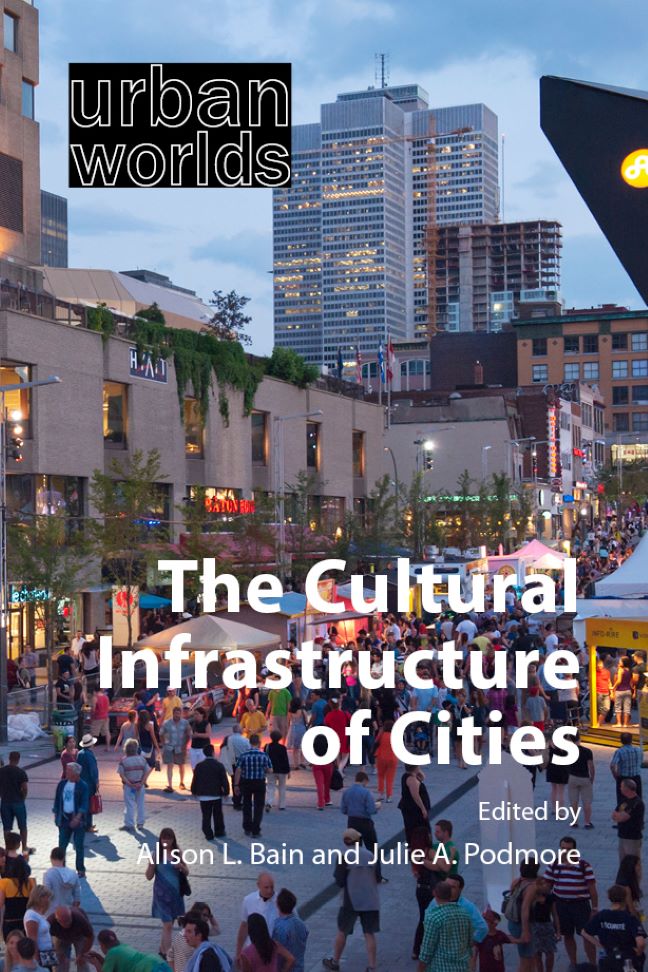11 - Crafting alternative urban fashion infrastructure in a digital and pandemic age?
Published online by Cambridge University Press: 23 January 2024
Summary
INTRODUCTION
Recent years have witnessed a “perfect storm” in the fashion industry. The rise of ultra-fast, online-only fashion (Camargo et al. 2020), the growing influence of platforms such as Amazon (Stewart 2022) and the ongoing pandemic (Brydges et al. 2021) have caused havoc for many fashion retailers. These developments have major implications for high streets and shopping malls in the world's fashion cities (i.e., centres with a concentration of leading fashion districts, designers and media, such as New York City, London, Milan and Shanghai). Recent media attention has focused on a number of major brands shuttering stores and filing for bankruptcy protection (Chitrakorn 2020). All of these challenges raise questions about the future of the fashion industry and its urban cultural infrastructure.
This chapter focuses on one segment of the industry – small independent fashion retailers – examining their responses to the crisis. It explores the ways that these retailers forge alternative urban infrastructure and affective atmospheres, interweaving in-store sensory experiences with digital and social media technologies. Through a hybrid use of old factories and warehouses, independent fashion retailers engage different spaces and materials. They cultivate closer relationships between producers, consumers and designers, advancing a “politics of reconnection” (Hartwick 1998) that seeks to address the social and environmental costs of fashion. As the crisis in the fashion industry intensifies, these small urban retailers maintain diverse linkages with their surrounding neighbourhoods, and, during the pandemic, became key sites of economic and social resilience in the face of global supply chain disruptions. In the process, they foster alternative realms of fashion, illustrating how urban infrastructure is at once cultural and political, as well as material (Alam & Houston 2020).
Utilizing a mixed methods approach, this chapter draws upon international trade reports, newspaper articles, websites and other social media, as well as open-ended interviews with alternative fashion retailers in Canadian and Australian cities. Organized into three main sections, it begins by providing an overview of global fashion infrastructure associated with major fashion centres. The second section discusses the crisis confronting the industry today and the third section examines how small, independent fashion retailers are responding to this crisis, utilizing physical, digital and cultural infrastructure to craft alternative urban fashion spaces.
- Type
- Chapter
- Information
- The Cultural Infrastructure of Cities , pp. 171 - 182Publisher: Agenda PublishingPrint publication year: 2023



